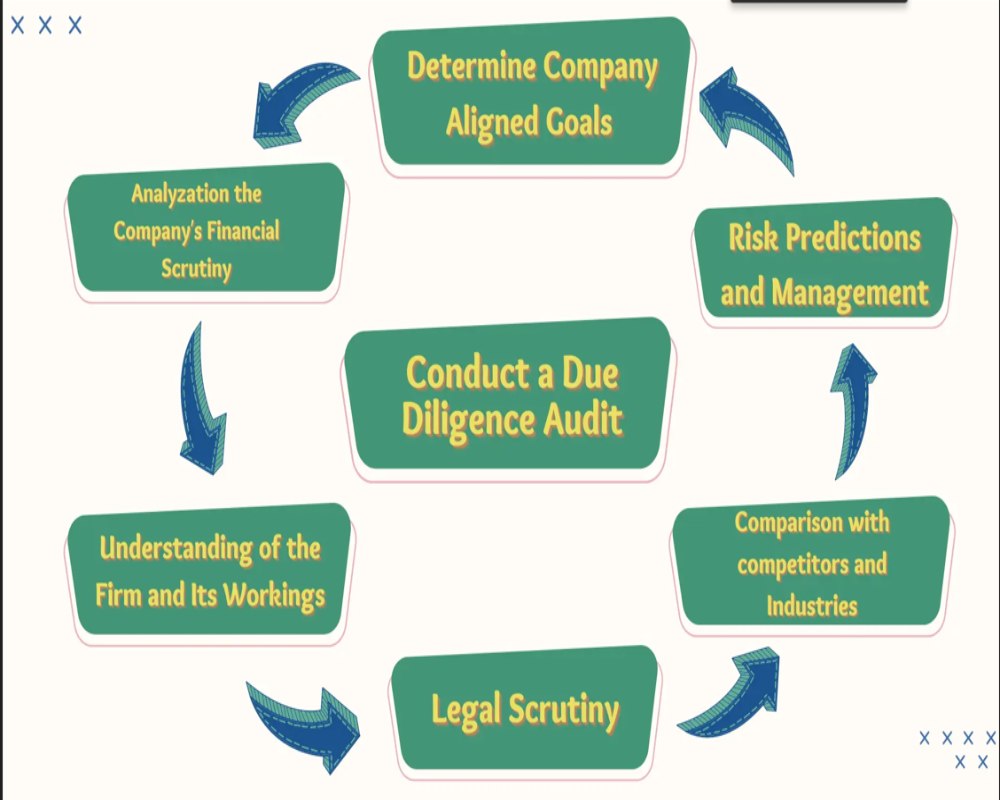Introduction
Audit requirements in due diligence are essential to evaluate the authenticity, transparency, and compliance status of a target company, property, or project before a major transaction. Whether for mergers and acquisitions, industrial land purchases, joint ventures, or strategic investments, audits play a critical role in uncovering discrepancies, validating claims, and identifying risks. A due diligence audit goes beyond surface-level checks and involves a deep examination of financial records, operational systems, legal frameworks, regulatory compliance, and internal controls. It enables buyers and stakeholders to make informed, data-backed decisions while minimizing legal, financial, and reputational exposure.
Financial Audit Requirements
A financial audit is one of the most important components of due diligence. It involves the thorough examination of the target entity’s financial statements, including balance sheets, income statements, and cash flow reports over a defined period—typically the past three to five years. The audit verifies:
- Revenue accuracy and recognition policies
- Expense classifications and justifications
- Asset valuation and depreciation methods
- Liabilities, provisions, and contingent obligations
Auditors also look for signs of financial misreporting, tax inconsistencies, or fraud. A clean and accurate financial audit assures the buyer of the target’s profitability, solvency, and long-term sustainability. Any red flags discovered in this audit often lead to price adjustments or renegotiations in the deal.
Legal Audit Requirements
A legal audit assesses the legal health of the entity or property in question. It involves reviewing ownership documents, business registrations, ongoing litigation, contracts, licenses, and compliance with laws and regulations. Key areas covered include:
- Verification of land titles, leases, and encumbrance-free ownership
- Review of corporate structure, shareholder agreements, and board resolutions
- Examination of contracts with customers, suppliers, employees, and third parties
- Assessment of pending legal disputes, notices, or regulatory actions
Legal audits confirm that the asset or company has a clear legal standing, reducing the chances of future claims or operational interruptions due to legal non-compliance.
Tax Audit and Compliance Verification
Tax audits within due diligence ensure that the target entity is compliant with direct and indirect tax laws. It includes an evaluation of income tax filings, GST returns, customs duties, and other statutory dues. Key focus areas include:
- Accuracy and completeness of tax payments and returns
- Assessment of tax liabilities and potential exposure to penalties
- Verification of tax exemptions, deductions, and incentive schemes claimed
- Review of any ongoing tax assessments, audits, or disputes
A tax audit helps buyers avoid hidden tax burdens or future regulatory conflicts that could affect business continuity.
Operational and Process Audit
An operational audit evaluates the internal workflows, production processes, supply chain systems, and human resource policies of the target. It focuses on:
- Efficiency of production and logistics operations
- Workplace safety, quality control, and standard operating procedures (SOPs)
- Resource utilization, productivity metrics, and bottlenecks
- HR practices, labor law compliance, and staff capabilities
This audit reveals whether the company’s day-to-day operations are scalable, legally compliant, and aligned with industry best practices. It is particularly vital for industrial acquisitions where operational continuity is crucial.
Environmental and Technical Audit
Environmental audits check compliance with environmental regulations and sustainability standards. This includes:
- Validation of pollution control measures and emission levels
- Assessment of waste management and hazardous material handling
- Verification of environmental clearances and approvals
- Inspection of proximity to protected zones or ecologically sensitive areas
A technical audit complements this by reviewing the state of assets such as machinery, equipment, and infrastructure. It helps estimate refurbishment costs, modernization needs, and future capital expenditure.
IT and Data Security Audit
For modern businesses, especially those with digital operations, IT and cybersecurity audits are increasingly relevant. These include:
- Review of IT infrastructure and software licenses
- Data protection and privacy compliance (e.g., GDPR or regional regulations)
- Network security protocols and risk mitigation strategies
- Backup systems, disaster recovery, and cybersecurity measures
This audit ensures that the company’s information systems are secure, scalable, and protected against data breaches or system failures.
Conclusion
Audit requirements in due diligence serve as a comprehensive diagnostic tool that verifies the accuracy, integrity, and compliance of the entity or asset under consideration. From financial and legal audits to environmental, operational, and IT audits, each aspect provides critical insights that support strategic decision-making. By uncovering hidden risks, validating claims, and ensuring regulatory alignment, these audits help investors, developers, and stakeholders safeguard their interests. In high-value industrial or commercial transactions, thorough due diligence audits are not optional—they are a strategic imperative for risk mitigation, compliance assurance, and sustainable investment success.
Hashtags
#DueDiligence #AuditRequirements #FinancialAudit #Compliance #RiskManagement #BusinessEvaluation #FinancialDueDiligence #AuditProcess #CorporateGovernance #InvestmentAnalysis #DueDiligenceChecklist #AuditStandards #FinancialTransparency #BusinessIntegrity #MergersAndAcquisitions #DueDiligenceProcess #AuditTrail #RegulatoryCompliance #FinancialReporting #BusinessRisk


